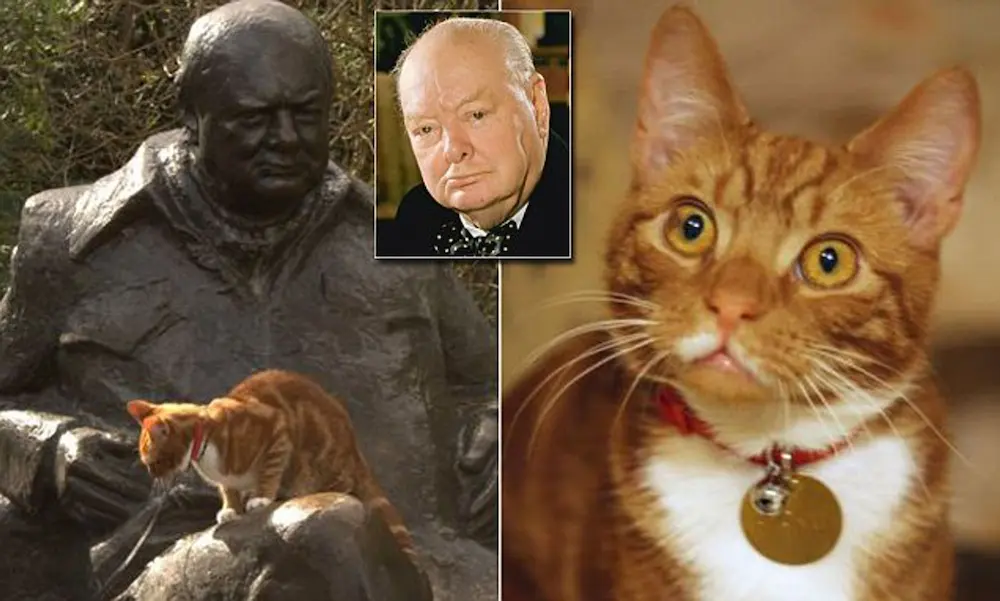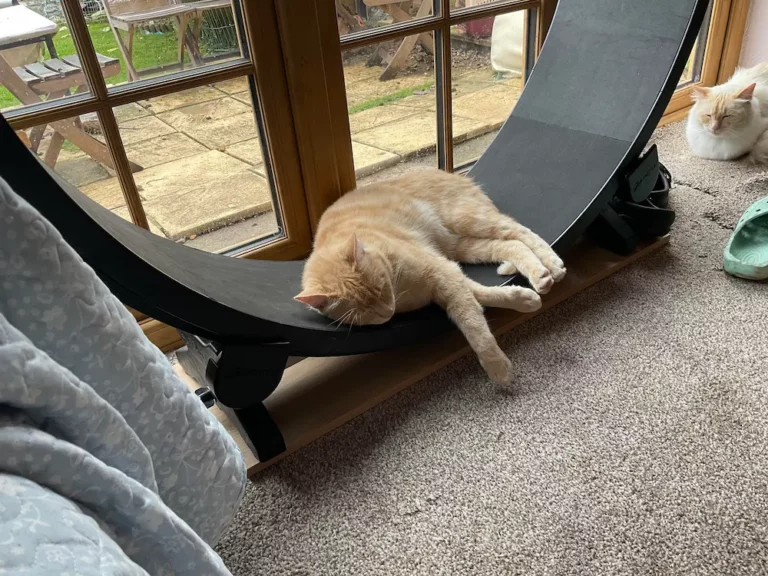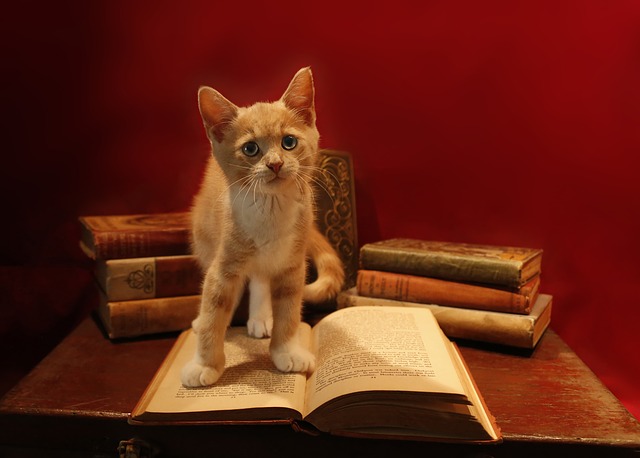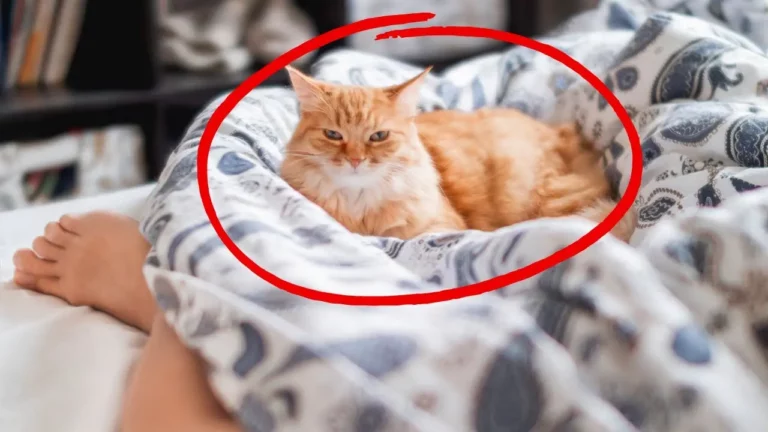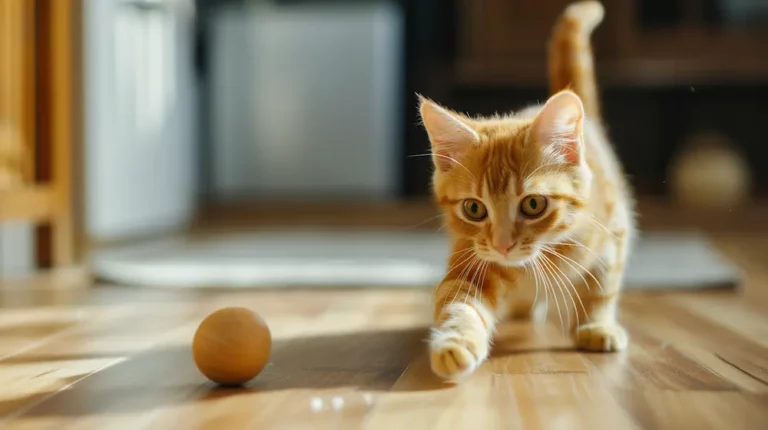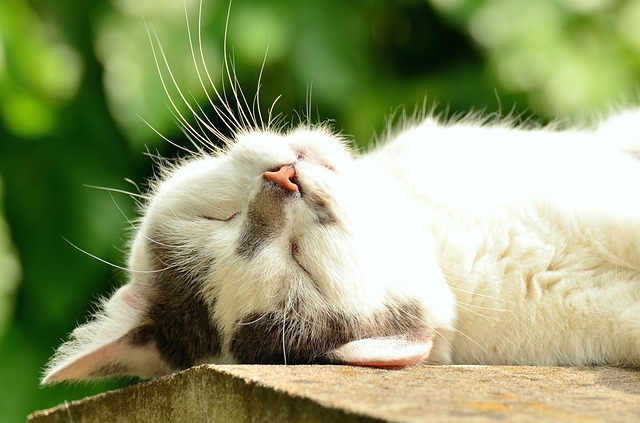Cats in History: The Most Notable Cat Lovers of All Time
You might be intrigued to discover how some of history’s most influential figures shared a deep affection for cats.
From Ernest Hemingway’s polydactyl friends in Key West to Mark Twain’s respectful admiration for
Cleopatra, Isaac Newton, and Winston Churchill also had their lives touched by cats in fascinating ways.
What is it about these enigmatic creatures that captivated the hearts of such prominent personalities?
The stories behind their bonds with cats reveal much more than mere friendship.
Ernest Hemingway
Ernest Hemingway, a legendary writer, had a deep affection for cats, famously keeping dozens at his Key West home.
If you ever visit the Ernest Hemingway Home and Museum, you’ll see many six-toed cats, descendants of his original pets.
Hemingway’s love for these unique felines began when he was gifted a six-toed
This breed, known as polydactyl cats, became a symbol of his household.
You might be curious how cats influenced Hemingway’s life and work.
His furry friends provided him with companionship and inspiration, often lounging around as he wrote.
They also offered a sense of stability and comfort, essential for a man who led an adventurous and, at times, tumultuous life.
Hemingway’s bond with his cats was so strong that he often mentioned them in his letters and conversations, showing how integral they were to his daily routine.
When exploring Hemingway’s legacy, you’ll find that his love for cats is a charming and relatable aspect of his personality.
It reveals a softer side of the rugged author, making his story even more fascinating and approachable.
Mark Twain
Mark Twain, the famous author and humorist, had a well-documented affection for cats, often considering them superior to humans. He believed cats possessed unique qualities that made them fascinating partners.
Twain’s love for these animals was evident in his writings and personal life, where he often surrounded himself with
Twain’s admiration for cats extended beyond simple partnerships; he appreciated their independence, intelligence, and unique personalities.
He once said, ‘If man could be crossed with the
This quote perfectly encapsulates his high regard for his furry friends.
Twain owned several cats throughout his life and gave them whimsical names, reflecting his playful nature.
Here’s a quick look at some of Twain’s beloved cats and their memorable names:
| Cat Name | Description | Notable Trait |
|---|---|---|
| Sour Mash | Often seen lounging | Laid-back personality |
| Blatherskite | Known for vocalizing | Talkative |
| Apollinaris | Sleek and elegant | Graceful |
Twain’s deep affection for cats influenced his personal and professional life, leaving a legacy that endears him to
Through his writings and personal anecdotes, you can see how much joy and inspiration these animals brought to him.
Cleopatra
Cleopatra, the famous Egyptian queen, was known for her love of cats, often surrounding herself with these revered animals. Cats held a special place in ancient Egyptian society, symbolizing protection, grace, and fertility.
Cleopatra, aware of their significance, integrated them into her royal lifestyle.
Her fondness for cats reflected not only personal affection but also her strategic brilliance, as she embraced cultural symbols that resonated with her people, bolstering her image as a wise and connected ruler.
You’d find Cleopatra’s palace adorned with numerous
Bastet, the Egyptian goddess of home, fertility, and childbirth, was often depicted with the head of a lioness or domestic
By keeping cats close, Cleopatra aligned herself with this powerful deity, reinforcing her divine right to rule.
If you imagine Cleopatra lounging with her cats, you’re seeing a queen who understood the intricate ties between animals and symbolism in her culture.
Her love for cats wasn’t just personal; it was a calculated embrace of powerful cultural and religious imagery, ensuring her place in both history and mythology.
Isaac Newton
Isaac Newton, renowned for his groundbreaking work in physics and mathematics, also had a deep affection for cats. You mightn’t know this, but Newton’s love for his
It’s said that he created the first pet door, or ‘cat flap,’ to allow his cats to come and go as they pleased without disturbing his work.
This simple yet clever solution exemplifies Newton’s ability to integrate practical problems with innovative thinking.
Newton’s
By cutting a small opening in the door, he ensured that Spithead could move freely, and his work remained undisturbed.
This story highlights how Newton’s problem-solving skills weren’t limited to complex scientific theories but extended to everyday life as well.
Cats provided Newton with companionship and comfort, which likely helped him during long periods of intense study.
His bond with his pets shows that even the most brilliant minds need a bit of warmth and affection.
Winston Churchill
While Newton found inspiration and companionship in his cats, Winston Churchill’s love for his
As a British Prime Minister, Churchill faced immense pressures, but found solace in the company of his beloved cats.
His affection for them was so strong that they often roamed freely around his home and even attended important meetings.
Churchill’s favorite
This ginger tomcat was gifted to him on his 88th birthday, and they quickly formed an unbreakable bond.
Jock would sit by his side during meals, and Churchill insisted that he be present during important discussions.
Here’s a quick look at Churchill’s kitty friends:
Churchill’s love for Jock was so profound that he declared Jock should always live at his home, Chartwell, even after his death.
This tradition continues today, with Chartwell always hosting a marmalade
Churchill’s bond with his cats showcases how even the most powerful figures find comfort and joy in the simple companionship of a pet.
Freddie Mercury
Freddie Mercury, the legendary frontman of Queen, had a deep and enduring love for his
He didn’t just see them as pets; they were his family.
Freddie’s affection for cats began when his partner Mary Austin gifted him a pair of kittens, Tom and Jerry.
From that point on, cats became a significant part of his life, and he eventually had ten of them, each holding a special place in his heart.
Freddie’s bond with his furry pals was well-documented.
He often spoke about them in interviews, and they even made their way into his music.
For instance, the song ‘Delilah’ from Queen’s album *Innuendo* is a playful tribute to one of his favorite cats.
His devotion didn’t end with music; he also kept in touch with his cats while on tour, making phone calls just to hear them purr through the receiver.
His cats had their own rooms, complete with toys and treats, showcasing his dedication.
Freddie’s love for his furry companions demonstrated his caring and compassionate nature, adding another layer to the rock icon’s complex personality.
Edgar Allan Poe
Edgar Allan Poe, the master of macabre, frequently found solace in the company of his beloved cats.
You mightn’t know that Poe’s affinity for these mysterious creatures deeply influenced his life and work.
His most cherished kitty was a tortoiseshell
Cats, with their enigmatic nature, mirrored the dark and intricate themes Poe explored in his writing.
When you consider his tales of suspense and horror, it’s easy to imagine a
Poe’s home was always filled with the presence of cats, providing him comfort and inspiration.
They were more than pets; they were confidants.
In letters to friends and family, Poe often mentioned his cats, highlighting their importance in his life.
Florence Nightingale
Did you know Florence Nightingale, the founder of modern nursing, also had a deep love for cats?
Beyond her groundbreaking contributions to healthcare, Nightingale found solace and companionship in her
You might find it fascinating that Nightingale’s cats played an essential role in her life, especially during her many years of illness.
She spent much of her later life bedridden, and her cats provided comfort and company. Her favorite
Nightingale’s affection for her cats wasn’t just a personal quirk; it reflected her broader empathy and kindness, qualities that defined her nursing career.
Conclusion
You’ll see that cats have charmed some of history’s most notable figures, like Hemingway, Twain, and Cleopatra. Their love for these pets highlights the special bond between humans and cats.
Whether it’s through inspiration, companionship, or simple affection, these famous
So, embrace the unique relationship you can share with a
